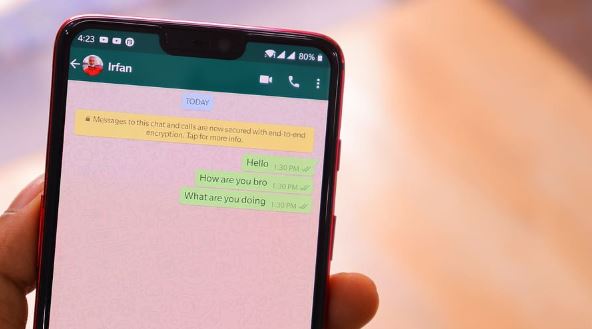A new security feature for one of the most popular communication tools has arrived, as mentioned by iOS pentesting experts. As WhatsApp is one of the most popular instant messaging platforms in the world, its developers are constantly releasing new updates and features either to make it easier to use or aiming to strengthen the privacy of its users. That’s why we won’t be able to take screenshots in the app no longer.
This feature may not like everyone, but it’s designed so that users can keep their conversations away from others by preventing one of their contacts from saving a picture of their chats.

Billions of users should forget about sharing with someone else the virtual conversations they have, they will no longer be able to show their friends the conversations they have because, precisely, the intention is that the chats are personal regardless of whether you are sharing only text or photos, videos or stickers, iOS pentesting experts mentioned.
On the other hand, you can be sure that your conversations can be kept using a screenshopt, at least not through WhatsApp.
Apparently this new feature will come along with another tool aimed at maintaining the privacy of users: the fingerprint lock, as waBetaInfo, the website specialized in WhatsApp, mentions. The option to restrict access to the app using the user’s biometric data for now is only available for iOS devices, although experts in iOS pentesting mention that the feature will soon reach the Android operating system. When this feature is available to everyone, the screenshot in the app will also be deleted.
For now it’s just a rumor, though the site says everything could start with updates that Facebook-owned platform has prepared for next week. Until the news can be confirmed or denied, users are advised to enable all security controls included in the app, such as two-factor authentication, message forwarding limit, and app blocking limit with pattern or password by using helper tools.

He is a well-known expert in mobile security and malware analysis. He studied Computer Science at NYU and started working as a cyber security analyst in 2003. He is actively working as an anti-malware expert. He also worked for security companies like Kaspersky Lab. His everyday job includes researching about new malware and cyber security incidents. Also he has deep level of knowledge in mobile security and mobile vulnerabilities.











